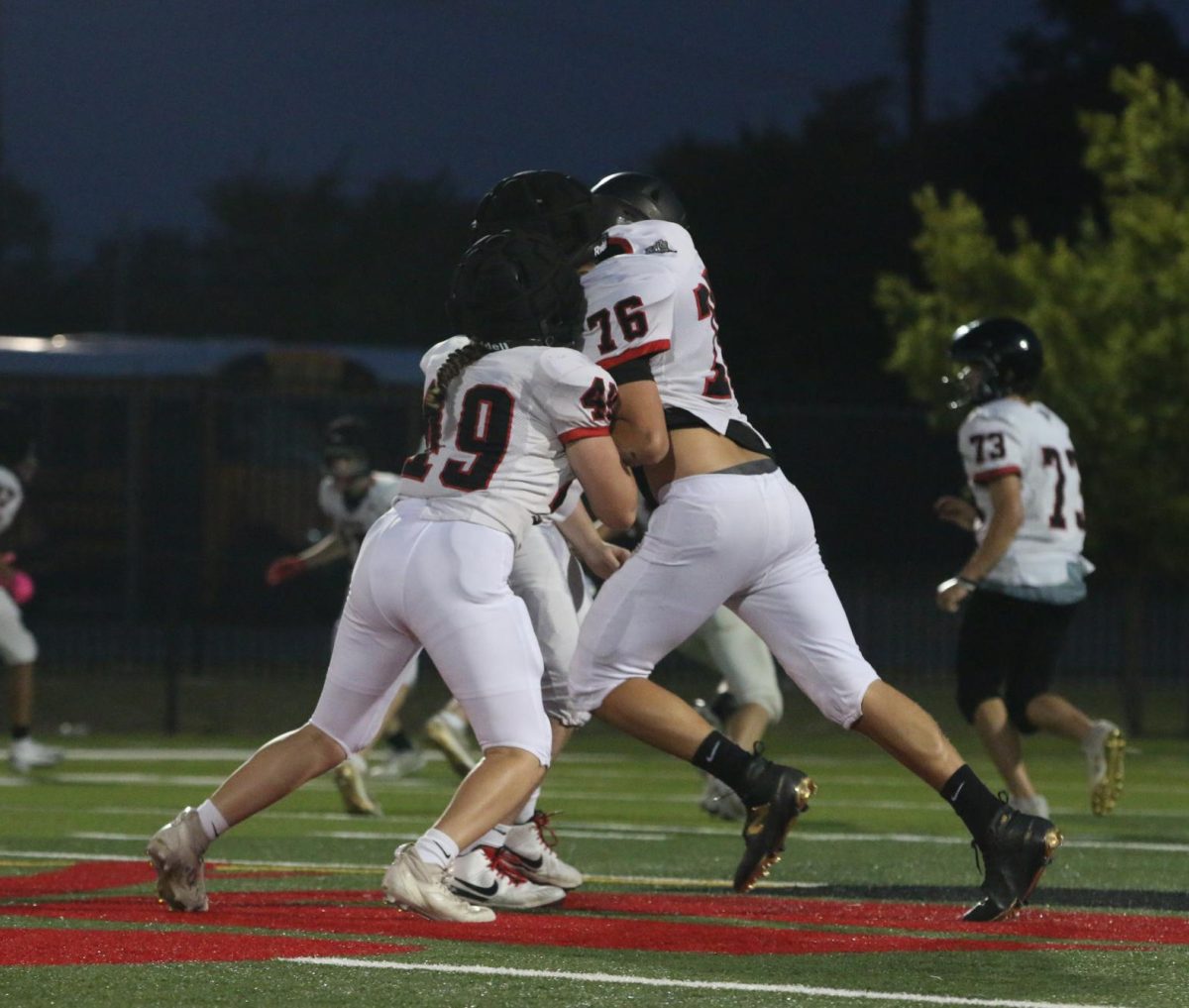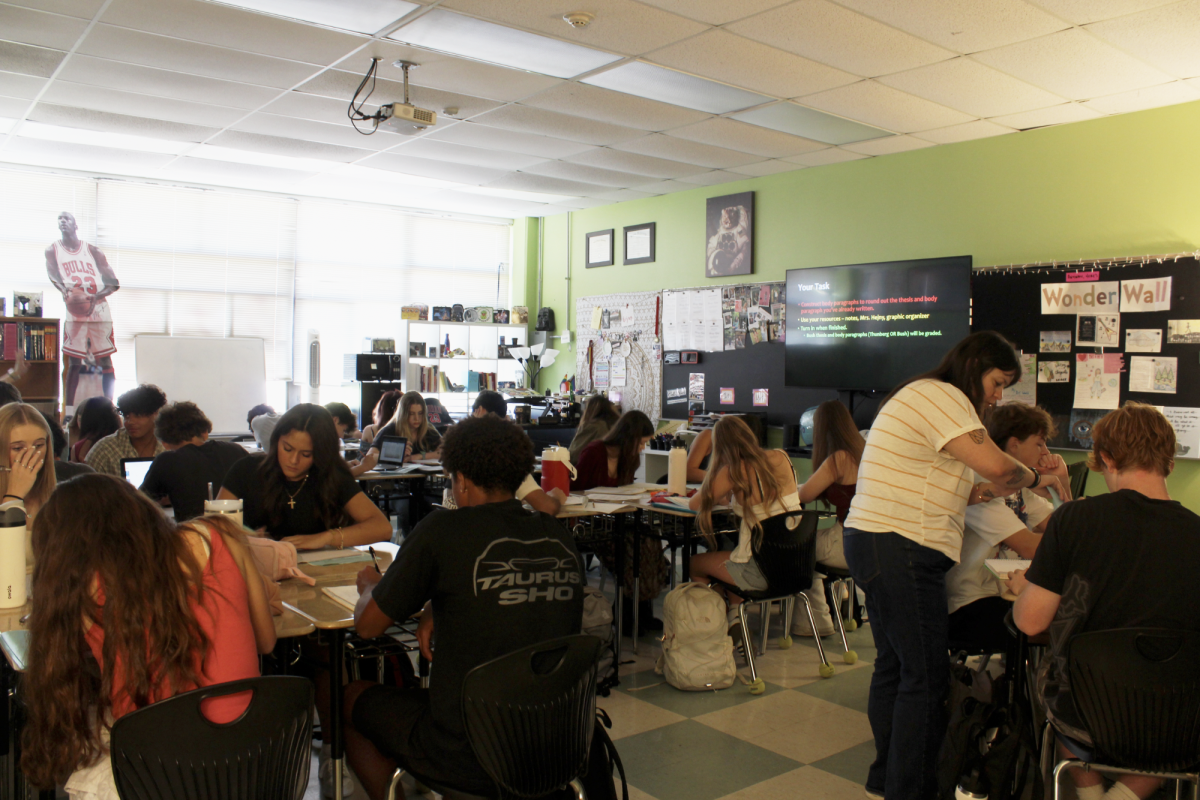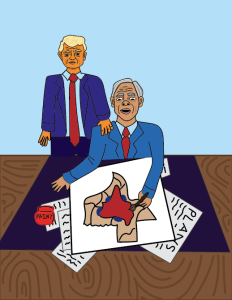Sequels and Reboots of Old Movies
June 21, 2017
Sequels and reboots of classic movies are plaguing the modern film industry. The classic horror film “Friday the 13th” is being rebooted a third time. Why? Because today, Hollywood is more interested in people’s wallets rather than making good movies.
The golden age of filmmaking is gone. With movies playing such a vital role in telling breathtaking stories through film, it begs the question: Do sequels and reboots of old movies have any place in Hollywood?
Hollywood has decided that movies are a business, not an art. Retaining a director’s artistic vision comes second place to making as much money as possible. Sequels of “Jaws” 1-4, “Rocky” 1-6, “Planet of the Apes” 1-5, and the list goes on.
Eventually, people grew smart and stopped caring for sequels. A sequel should serve to tell a story. The director of “Planet of the Apes 2” never intended for the there to be a sequel, but 20th Century Fox pushed him down a path which would ruin a once great idea, stretching it as thin as possible to make money.
It began with a vision. Young directors such as Steven Spielberg, George Lucas, and Francis Ford Coppola all sought to thrill and excite audiences in theaters around the world. Expressing their vision, the term “blockbuster” arose in the 1970s with Star Wars, Jaws, the Godfather, etc., movies that would change the course of how audiences would see film forever. Unfortunately, this came at a cost.
Although, a sequel isn’t always a bad thing. The “Star Wars” trilogy is a prime example of this. George Lucas had a vision that there would be a story told through three movies. Spielberg, on the other hand, originally had no intention of having a sequel to “Jaws,” and it shows. In short, if sequels are made with the idea of chronicling a journey than it belongs in Hollywood. Contrastingly, a reboot isn’t quite as black and white of a concept.
Reboots are tricky. The idea of a reboot is to reimagine a film/character through the eyes of a new director. But there’s a fine line that many people don’t seem to see when it’s crossed. If a reboot is bad, it not only slanders the name of the original movie, but it demeans the story as well.
The thing that made the original “Friday the 13th” special was that director Victor Miller sought to tell a simple story. However, Miller then made nine sequels to “Friday the 13th,” and it was soon rebooted. In this instance, a reboot is a means to revitalize the fans of the franchise. But to reboot the franchise for a third time is ridiculous.
In contrast, the “Batman” films have seen numerous reboots. Christopher Nolan’s “Dark Knight” trilogy has even been debated as one of the greatest trilogies ever made, showing how reboots have the chance to create fresh and amazing stories. A reboot is either a reimagining, or an effort to make a lot of money.
Sequels and reboots of old movies do have a place in Hollywood. Sure, they may have overstayed their welcome, but countless sequels give rise to the possibility of a reboot, and reboots can breathe new life into a franchise. It’s an endless cycle of both profit for Hollywood, and new adventures for moviegoers.
The golden age of filmmaking may have died, but there’s always a reboot.








